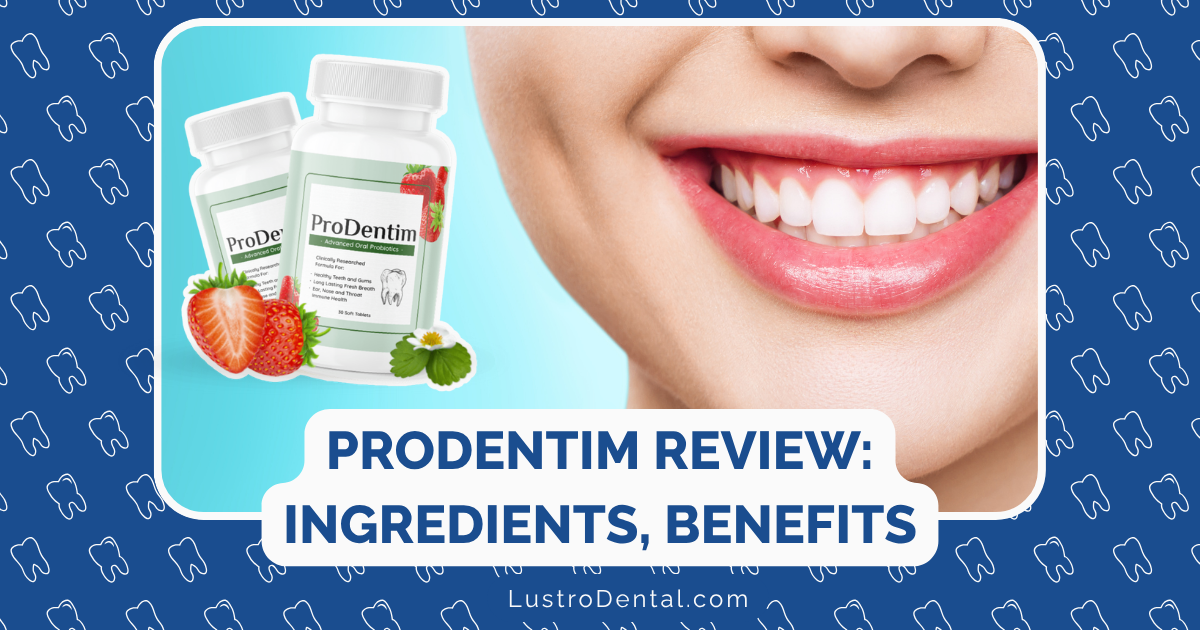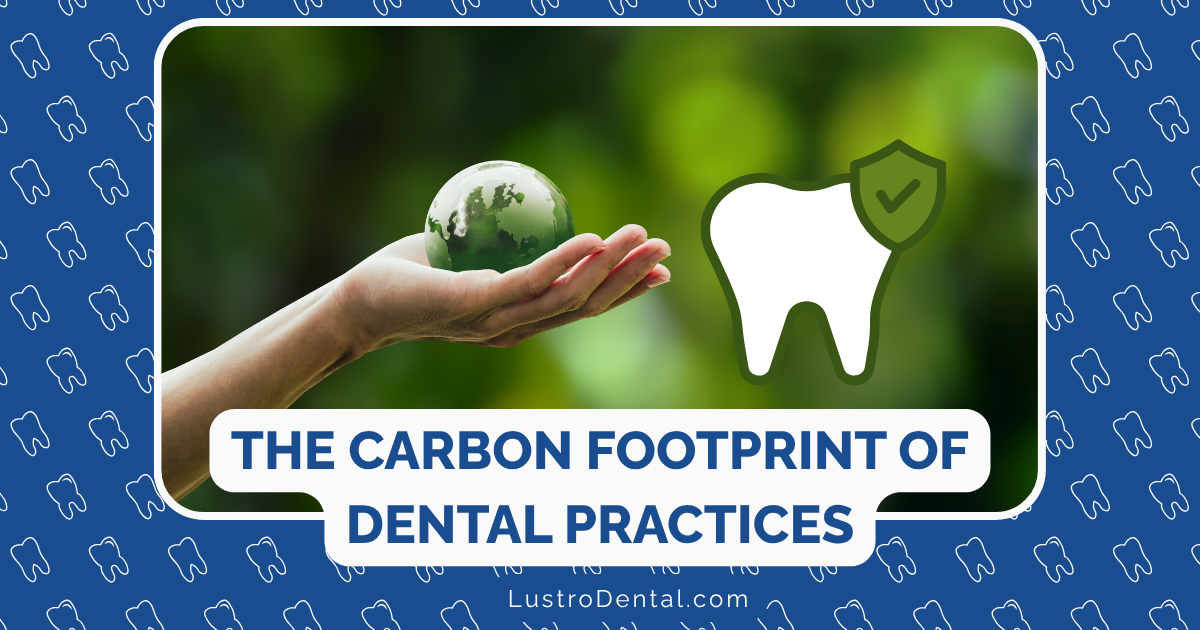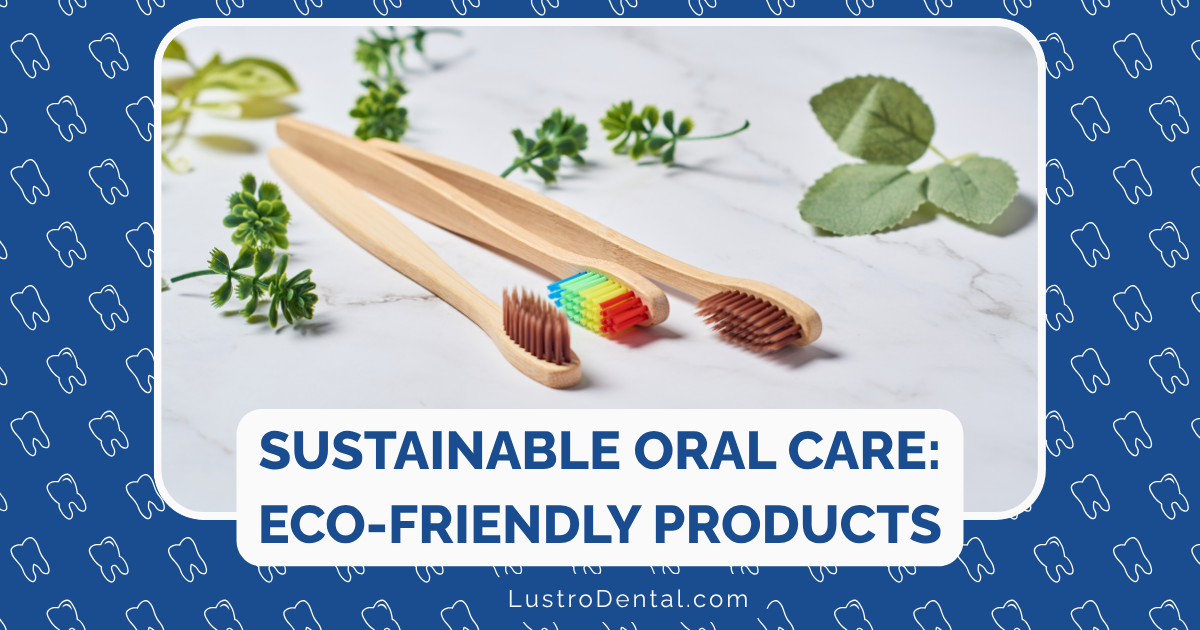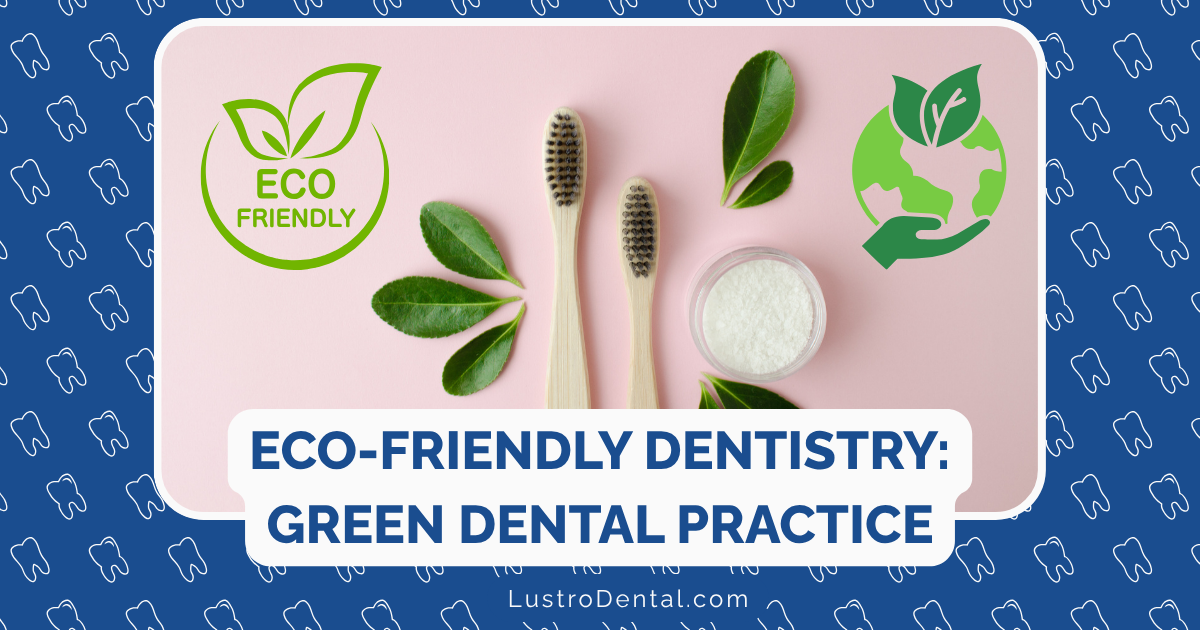Herbal Approaches to Gum Health: Evidence-Based Options
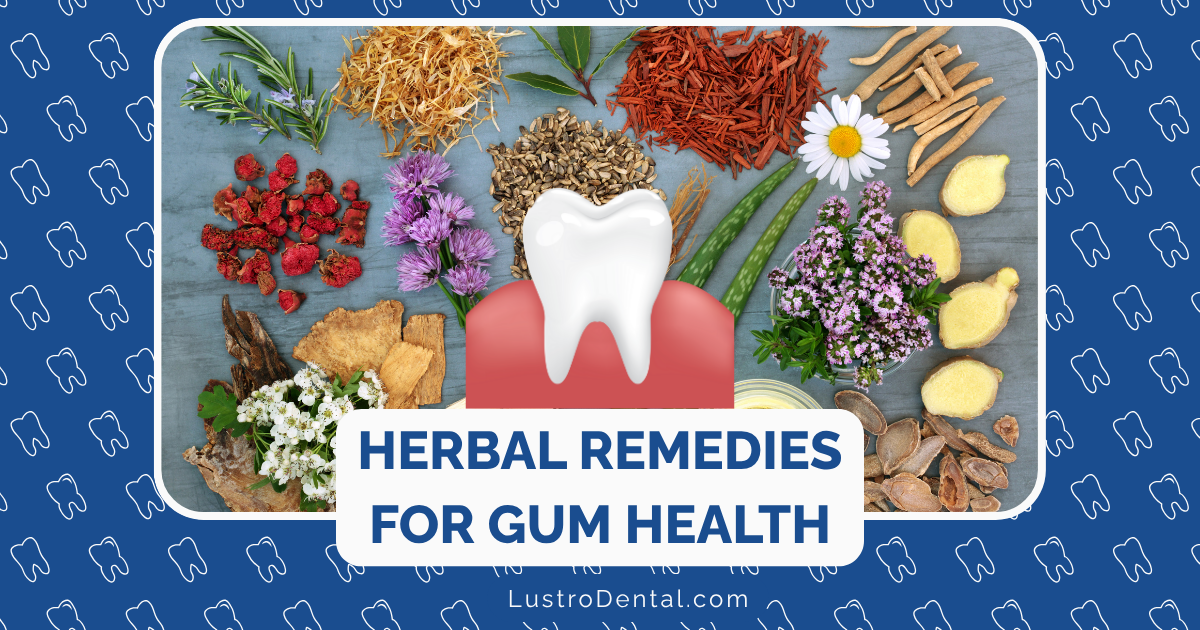
In the quest for optimal oral health, many people are turning to natural approaches that complement conventional dental care. Herbal remedies for gum health have been used across cultures for centuries, but which ones actually work according to modern science? As interest in natural dental care grows, it’s important to separate evidence-based options from those with little scientific support.
As a dental health advocate, I’m excited to explore herbal approaches to gum health that have substantial research behind them. In this comprehensive guide, we’ll examine the scientific evidence supporting specific herbs and natural compounds for promoting gum health, their mechanisms of action, and how to incorporate them effectively into your oral care routine.
Understanding Gum Health and Common Conditions
Before diving into herbal remedies, let’s briefly understand what we’re treating. Gum (periodontal) health is fundamental to overall oral health and can impact systemic health as well.
Common gum conditions include:
- Gingivitis: Inflammation of the gums characterized by redness, swelling, and bleeding. This early stage of gum disease is reversible with proper care.
- Periodontitis: A more advanced condition where inflammation spreads below the gum line, potentially leading to tissue and bone loss. According to recent research, periodontitis affects approximately 10% of the global population.
- Gum recession: The pulling away of gum tissue from teeth, exposing more of the tooth or root.
These conditions are primarily caused by bacterial biofilm (plaque), though factors like genetics, smoking, stress, and certain medications can contribute to their development and progression.
The Science Behind Herbal Remedies for Gum Health
Modern research has identified several mechanisms through which herbs can benefit gum health:
- Antimicrobial activity: Many herbs contain compounds that inhibit the growth of oral pathogens responsible for gum disease.
- Anti-inflammatory properties: Reducing inflammation is crucial for gum health, and certain herbs contain potent anti-inflammatory compounds.
- Antioxidant effects: Herbs rich in antioxidants help combat oxidative stress, which contributes to tissue damage in periodontal disease.
- Tissue regeneration: Some natural compounds promote healing and regeneration of gum tissue.
Let’s explore the herbs with the strongest scientific evidence supporting their use for gum health.
Evidence-Based Herbal Options for Gum Health
1. Turmeric (Curcuma longa)
Scientific Evidence: Turmeric has emerged as one of the most well-researched herbs for gum health. Its active compound, curcumin, has powerful anti-inflammatory, antimicrobial, and antioxidant properties.
A clinical study published in May 2025 in the Journal of Pharmaceutical and Biomedical Sciences evaluated curcumin gel as an adjunct to scaling and root planing in patients with chronic periodontitis. The results were impressive:
- Plaque Index improved from 2.70 to 1.22 after three months (compared to 2.70 to 1.45 in the control group)
- Gingival Index decreased from 2.90 to 1.56 (compared to 2.8 to 1.84 in controls)
- Pocket depth reduced from 6.58 mm to 3.23 mm (compared to 6.12 mm to 4.08 mm in controls)
Mechanism of Action: Curcumin works by inhibiting inflammatory molecules (like COX-2, LOX, and TNF-α) and reducing oxidative stress. It also decreases histamine levels and inhibits the synthesis of inflammatory prostaglandins.
Practical Application: Turmeric can be used in several ways for gum health:
- Commercial curcumin gels (follow product instructions)
- Homemade turmeric paste (mix 1/4 teaspoon turmeric powder with a few drops of water to form a paste)
- Turmeric mouthwash (dissolve 1/2 teaspoon in warm water, rinse for 30 seconds)
2. Neem (Azadirachta indica)
Scientific Evidence: Neem has a long history in Ayurvedic medicine for oral health. Modern research confirms its antibacterial, antifungal, and anti-inflammatory properties.
A double-blind study cited in the Journal of Periodontal & Implant Science found that a 0.19% neem extract combined with mechanical therapy effectively treated gingivitis. Another study published in the Journal of Phytomorphology in 2025 reported that herbal toothpaste containing neem extract significantly reduced plaque levels and improved gum health compared to conventional fluoride toothpaste.
Mechanism of Action: Neem contains compounds like nimbidin and azadirachtin that reduce bacterial adherence to teeth and inhibit glucosyltransferase activity (an enzyme that helps bacteria stick to tooth surfaces). It also disrupts bacterial cell membranes and reduces inflammation.
Practical Application:
- Neem toothpaste or powder (commercially available)
- Neem twig (traditionally chewed as a “toothbrush”)
- Neem mouthwash (steep neem leaves in warm water, strain, and use as a rinse)
3. Tea Tree Oil (Melaleuca alternifolia)
Scientific Evidence: Tea tree oil has shown significant promise for gum health due to its potent antimicrobial properties.
Clinical studies indicate that tea tree oil can serve as an effective alternative to chlorhexidine (a gold standard antimicrobial mouthwash) in managing gingival inflammation. Research published in the Journal of Phytomorphology found that mouthwashes formulated with tea tree oil showed strong antibacterial effects, reducing bacterial biofilm formation and preventing gingivitis.
Mechanism of Action: Tea tree oil contains terpinen-4-ol and other compounds that penetrate bacterial biofilms, disrupt cell membranes, and inhibit bacterial respiration. It also has anti-inflammatory effects that help reduce gingival inflammation.
Practical Application:
- Commercial tea tree oil mouthwash (follow product instructions)
- DIY mouthwash (2-3 drops of tea tree oil in a cup of warm water)
- Toothpaste with tea tree oil
Caution: Tea tree oil should never be swallowed and must be properly diluted before use.
4. Aloe Vera
Scientific Evidence: Aloe vera is well-known for its healing properties and has demonstrated effectiveness for gum health.
A systematic review published in PMC found that aloe vera effectively reduces inflammation in oral conditions and promotes healing. Studies have shown its effectiveness against oral pathogens such as Streptococcus mutans and Staphylococcus aureus, making it valuable for preventing and treating gum disease.
Mechanism of Action: Aloe vera contains compounds like acemannan that stimulate antibody production, promote tissue healing, and reduce inflammation. It also has antimicrobial properties that help control oral pathogens.
Practical Application:
- Aloe vera gel applied directly to gums
- Aloe vera mouthwash (mix 2 tablespoons of aloe vera juice with water)
- Commercial aloe vera-based oral care products
5. Green Tea (Camellia sinensis)
Scientific Evidence: Green tea’s catechins, particularly epigallocatechin gallate (EGCG), have shown significant benefits for gum health.
A systematic review included in MDPI Nutrients found that green tea extracts demonstrated effectiveness comparable to conventional treatments for gingivitis and periodontal disease. Clinical studies show that green tea catechins can reduce gingival inflammation and inhibit the growth of periodontal pathogens.
Mechanism of Action: Green tea catechins inhibit bacterial growth, reduce inflammation by suppressing pro-inflammatory cytokines, and prevent the breakdown of collagen in gum tissue. They also have antioxidant effects that protect against tissue damage.
Practical Application:
- Green tea mouthwash (brew strong green tea, cool, and use as a rinse)
- Green tea gel (commercially available)
- Drinking green tea regularly (provides systemic benefits)
6. Pomegranate (Punica granatum)
Scientific Evidence: Pomegranate has emerged as a powerful herb for gum health, with multiple studies supporting its effectiveness.
Research cited in the MDPI Nutrients journal found that pomegranate extracts significantly reduced inflammatory mediators and stimulated collagen production in periodontal tissues. Studies have shown that pomegranate-based mouthwashes can be as effective as chlorhexidine for reducing plaque and gingivitis.
Mechanism of Action: Pomegranate contains ellagitannins and other polyphenols that have antimicrobial, anti-inflammatory, and antioxidant effects. It also enhances fibroblast migration and proliferation, promoting tissue healing.
Practical Application:
- Pomegranate rinse (simmer pomegranate peel in water, strain, cool, and use as a mouthwash)
- Commercial pomegranate-based oral care products
- Pomegranate seed oil topical application
7. Quercetin
Scientific Evidence: This natural flavonoid is gaining attention for its potential in gum health. A 2025 study from Penn Dental Medicine found that quercetin, when combined with the enzyme inhibitor dasatinib, reduced markers of senescence, periodontal inflammation, and bone loss in lab and animal models.
Mechanism of Action: Quercetin has potent antioxidant and anti-inflammatory properties. It appears to target senescent cells (damaged cells that contribute to inflammation) and reduce the production of inflammatory cytokines.
Practical Application:
- Quercetin supplements (consult healthcare provider for dosage)
- Foods rich in quercetin (apples, onions, citrus fruits, berries)
- Commercial oral care products containing quercetin (emerging)
Practical Implementation: Integrating Herbal Approaches
For those interested in incorporating herbal remedies into their oral care routine, here are some practical approaches:
1. Herbal Mouthwashes
Basic Herbal Mouthwash Recipe:
- 1 cup distilled water
- 1 teaspoon dried herbs (choose from green tea, neem, or sage)
- Optional: 1-2 drops of essential oil (tea tree, peppermint)
Instructions:
- Bring water to a boil and add dried herbs
- Simmer for 5-10 minutes with the lid on
- Remove from heat and let steep for 15 minutes
- Strain and cool completely
- Add essential oils if using
- Store in a glass container in the refrigerator for up to one week
- Use as a rinse twice daily after brushing
2. Herbal Gum Massage
Turmeric-Aloe Gum Paste:
- 1/4 teaspoon turmeric powder
- 1 teaspoon aloe vera gel
- 1 drop tea tree oil (optional)
Instructions:
- Mix ingredients to form a paste
- Apply to gums with a clean finger
- Gently massage for 1-2 minutes
- Leave on for 5 minutes if possible
- Rinse thoroughly with water
- Use 2-3 times weekly
3. Herbal Tea Rinses
Instructions:
- Brew a strong cup of green tea, chamomile, or sage tea
- Allow to cool completely
- Use as a mouth rinse after brushing
- Swish for 30-60 seconds
- Spit out (do not swallow)
Limitations and Considerations
While herbal approaches show promise, it’s important to understand their limitations:
1. Variability in Active Compounds
Unlike pharmaceutical products, the concentration of active compounds in herbs can vary based on growing conditions, processing methods, and storage. This can lead to inconsistent results.
2. Lack of Standardization
Many herbal products lack standardization, making it difficult to determine optimal dosages and formulations.
3. Potential for Allergic Reactions
Some individuals may be allergic or sensitive to certain herbs. Always perform a patch test before using a new herbal remedy, especially concentrated essential oils.
4. Interactions with Medications
Some herbs can interact with prescription medications. Consult your healthcare provider before starting any herbal regimen, especially if you take prescription drugs.
5. Not a Replacement for Professional Care
Dr. Sarah Johnson, a periodontist specializing in integrative approaches, emphasizes: “Herbal remedies can be valuable adjuncts to professional dental care, but they should not replace regular dental check-ups, professional cleanings, or necessary treatments for active periodontal disease.”
Integrating Herbal and Conventional Approaches
The most effective approach to gum health often combines conventional dental care with evidence-based herbal remedies:
- Maintain regular dental visits for professional cleanings and examinations.
- Practice thorough daily oral hygiene, including brushing twice daily and flossing.
- Use herbal remedies as adjuncts to enhance your regular oral care routine.
- Address underlying factors that contribute to gum disease, such as smoking, stress, and diet.
- Consult dental professionals before starting any new oral health regimen, especially if you have existing gum disease.
Future Directions in Herbal Dental Research
The field of herbal dentistry continues to evolve, with several exciting developments on the horizon:
- Standardized formulations: Researchers are working to develop standardized herbal formulations with consistent concentrations of active compounds.
- Novel delivery systems: New technologies are being developed to enhance the delivery and effectiveness of herbal compounds for oral health.
- Combination therapies: Studies are exploring how combinations of herbs may provide synergistic benefits for gum health.
- Personalized approaches: Future research may help identify which herbal remedies are most effective for specific types of periodontal conditions and individual patient factors.
Conclusion: A Balanced Approach to Herbal Gum Care
Herbal approaches to gum health offer promising options for those seeking natural complements to conventional dental care. The strongest scientific evidence supports the use of turmeric, neem, tea tree oil, aloe vera, green tea, and pomegranate for improving various aspects of gum health.
When used appropriately—with an understanding of their benefits, limitations, and proper application methods—these herbs can be valuable tools in your oral health arsenal. However, they work best as part of a comprehensive approach that includes proper oral hygiene practices and regular professional dental care.
By combining ancient wisdom with modern scientific validation, we can harness the power of nature to support healthy gums while ensuring we’re using approaches that truly work.
Have you tried any herbal remedies for gum health? What was your experience like? Share your thoughts in the comments below.


